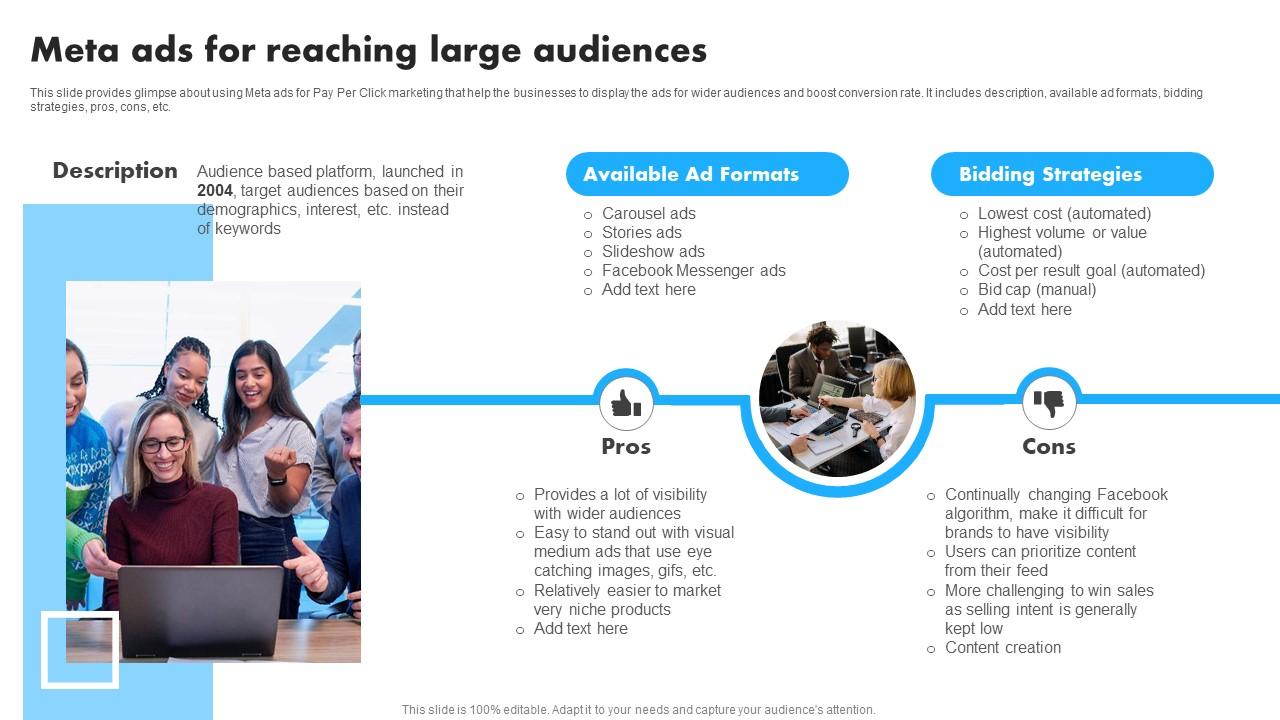Bowing to EU demands, Meta rolls out 'less personalised ads' on Facebook and Instagram
Meta has announced that it will be implementing changes to its advertising strategy in the European Union in response to regulatory pressure. Users in the region can expect to see "less personalised ads" on Facebook and Instagram in the near future. This shift towards less personalised ads is designed to rely on minimal data points, showing ads based primarily on context and a limited set of information about the user, such as their age, location, gender, and ad engagement.

Changes in Ad Display
While the less personalised ads will provide a more privacy-friendly experience, some of these ads may be unskippable for a brief period of time. In addition to this update, Meta has also decided to reduce the prices of its ad-free subscription service on Facebook and Instagram.
The rates for desktop users have been lowered from 9.99 euros to 5.99 euros, while iOS and Android users will now pay 7.99 euros instead of 2.99 euros.
Meeting Regulatory Requirements
Meta's latest adjustments align with the demands set forth by EU regulators and even surpass the current legal obligations within the EU. Nick Clegg, the president of global affairs at Meta, emphasized the company's commitment to meeting these regulatory requirements in a recent post on Threads.

Compliance with EU Law
Last year, Meta introduced a "pay or consent" model for EU users, offering them the choice between an ad-free experience for a monthly fee or accepting personalised ads based on their data. This model was a response to the EU's Digital Markets Act (DMA), which mandates that companies like Meta obtain user consent for data processing and sharing.

In June 2024, EU regulators determined that Meta's initial 'pay or consent' advertising model did not fully comply with the DMA. The company has since made adjustments to offer users a less personalised alternative if they opt out of data sharing.
Efforts Towards User Privacy
These changes reflect Meta's ongoing efforts to balance user privacy concerns with the requirements of EU regulations related to digital markets and data protection.











